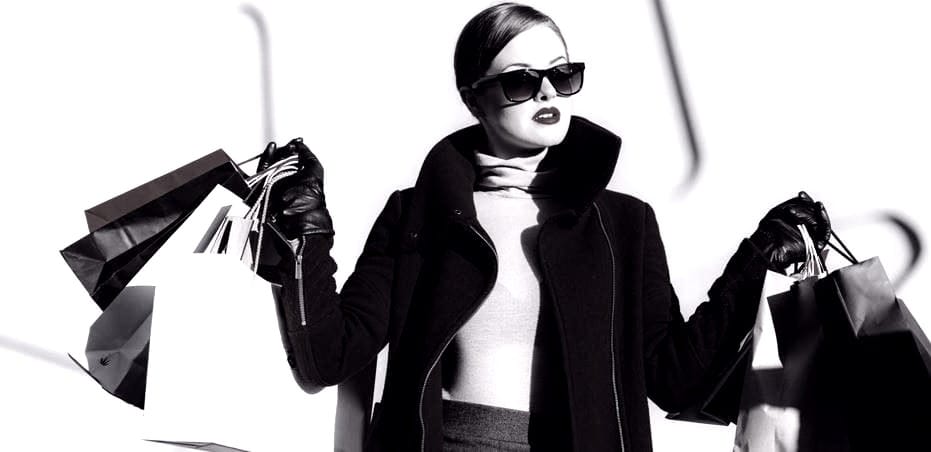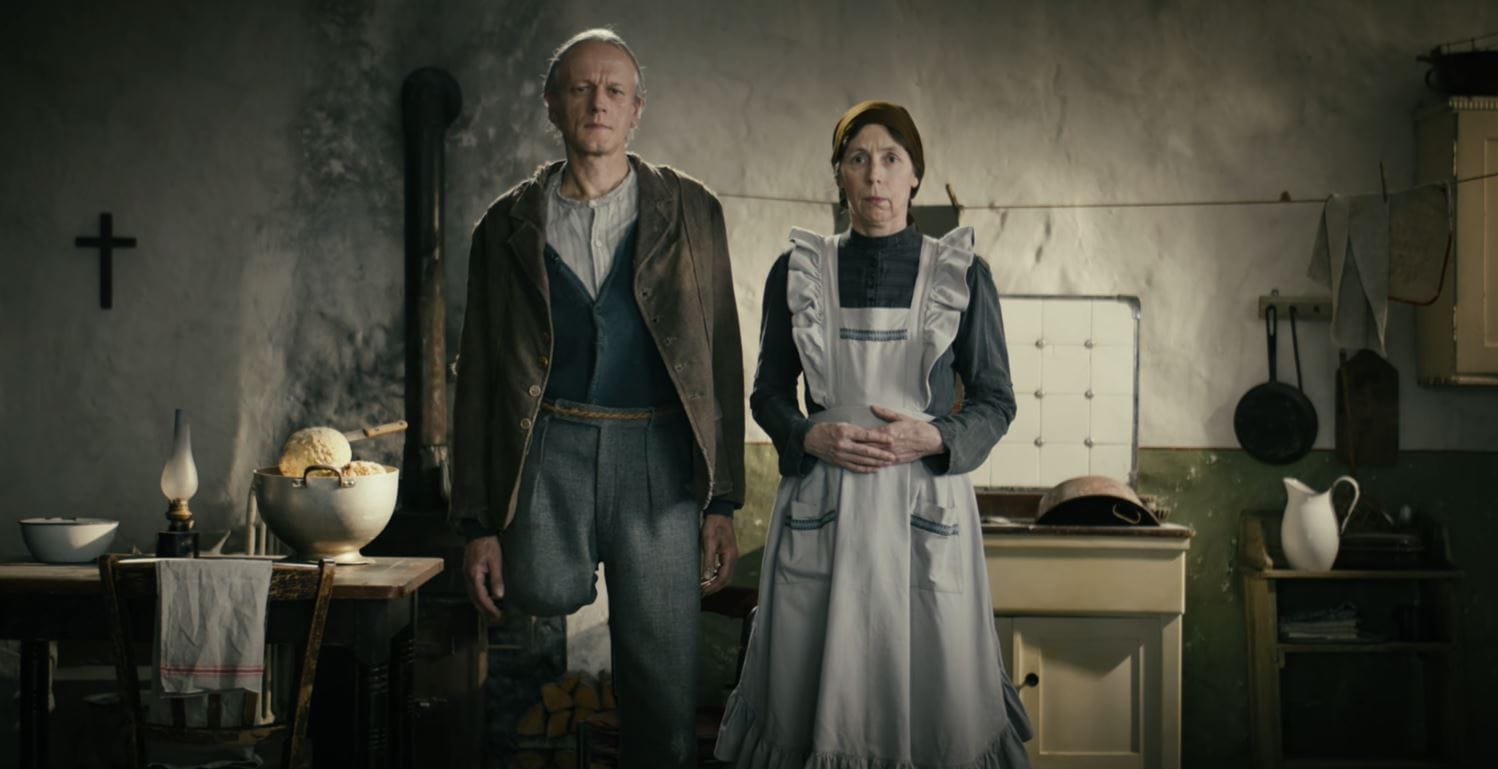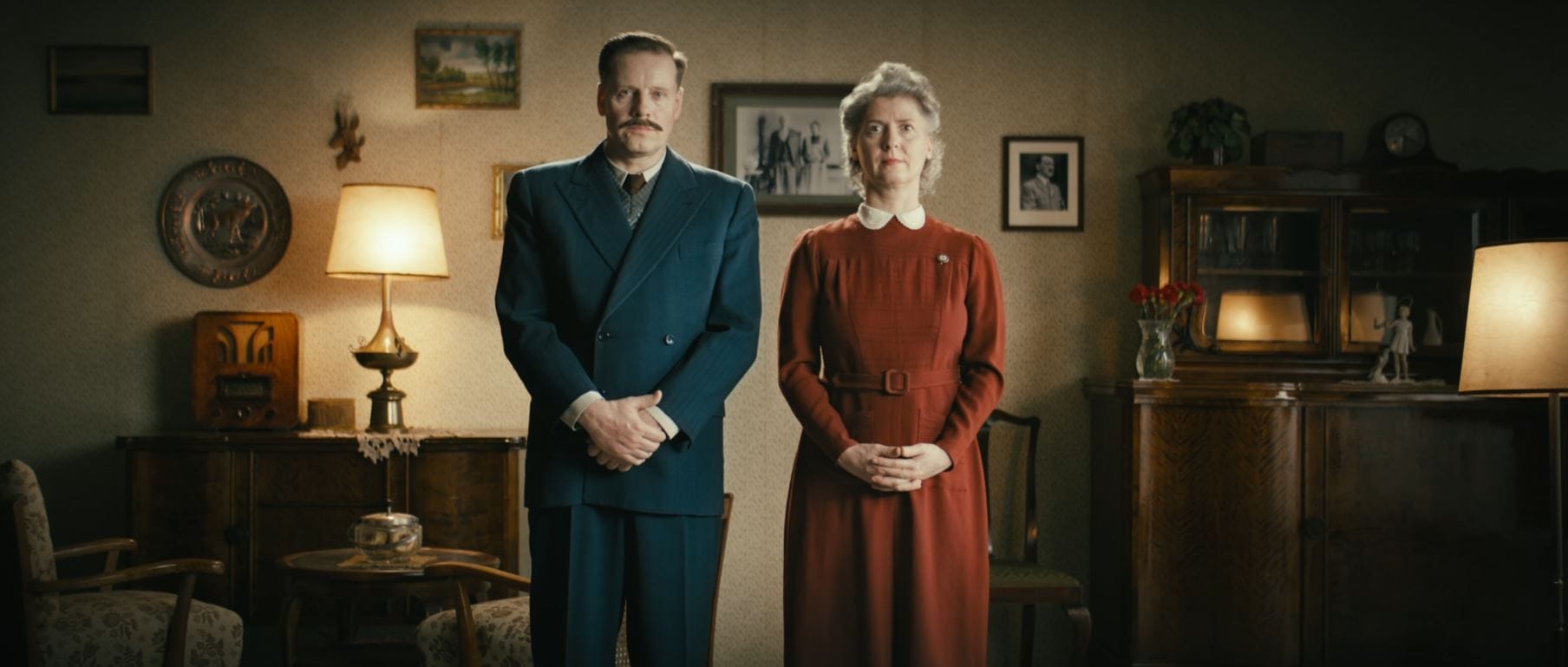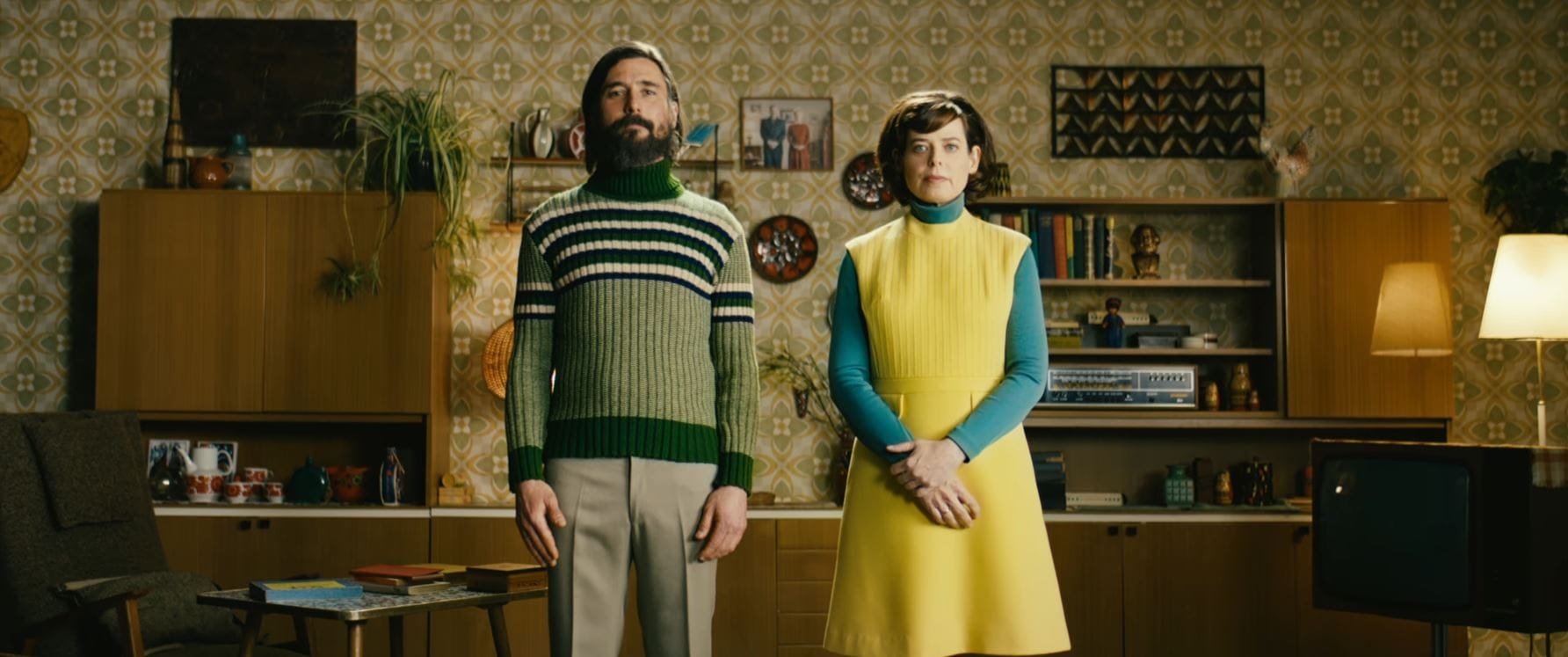Material Girl.

We come to this world pure and free.
Our parents clad us, feed us and provide us with shelter. Under their nourishment we grow into parents ourselves and give live to yet another generation. When we leave this world, pure and free, we take nothing with us. What remains of us are memories that our family and friends will cherries, assets we pass onto our children (if we were lucky enough to accumulate them) and a few earthy possessions.
Unsurprisingly, when alive, we tend to focus most on our wealth and our possessions. In some instances, our motivation is fair. We want to provide the best life we can for our children. Other times, we become power and wealth addicted and don’t even realize what we are doing.
The situation has become worse when looking across generation. Simple but graphic illustration of this phenomenon was depicted in an old movie, titled 100 Things.
Our great grandparens had 57 things.

Our grandparents had 200 things.

Our parents had 650 things.

WE HAVE ON AVERAGE 10,000 THINGS
Our possessions have become our burden. They take space, cost us time and money and often, do not give us the joy we were hoping they would. Not only this. The things we purchase have developed a compounding nature to them. A snowballing like effect that gets bigger over time. This was caused by a mix of endogenous and exogenous factors. The former was our desire to complement a new purchase. For example, a wonderful new pair of trousers would match perfectly with a new t-shirt. The latter was encouraged by the retail industry. Matching set of pens and pen loops for a new Leuchturm 1917 notebook available at the checkout.
A group of wise women and men realised that problem early enough. They brought us, what we call today, the minimalism. A concept first proposed by Ludwig Mies van der Rohe, a German born architect who favoured simplicity over anything else. Over time, it spread to all walks of life and today we find it everywhere from diet through wardrobes.
The notion of minimalism has something of great value at its core. It shifts attention from the physical to the metaphysical world - for example, dinner with friends over a new gold club, greater financial freedom from all the forgone purchases.
I am however an advocate of sustainability in all aspects of life. My philosophy is that we need to strike a balance between having enough and not having too much. We need to be happy with our choices in the long term and we should shift our attention from the goods we possess to the experiences we make and impacts we create.
M | K

Member discussion